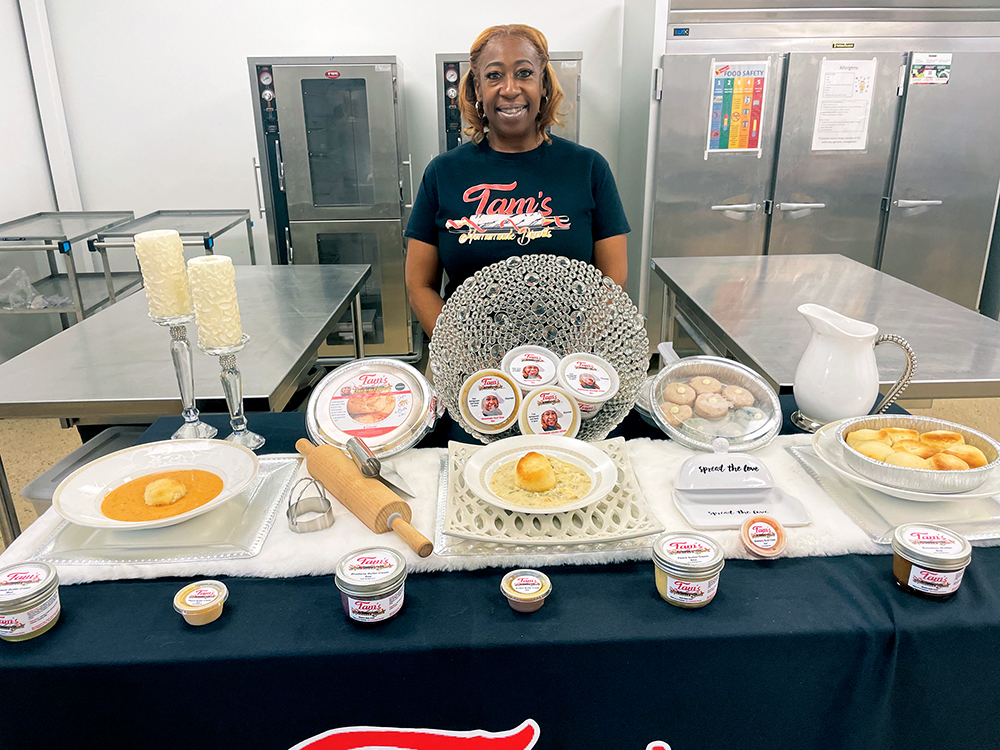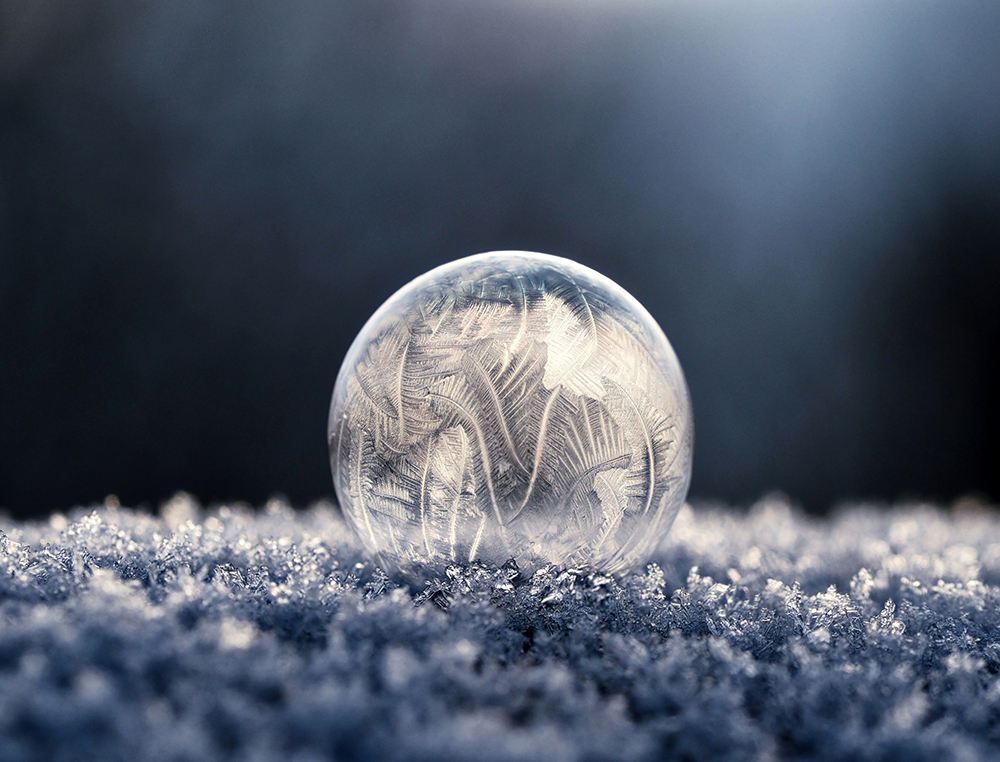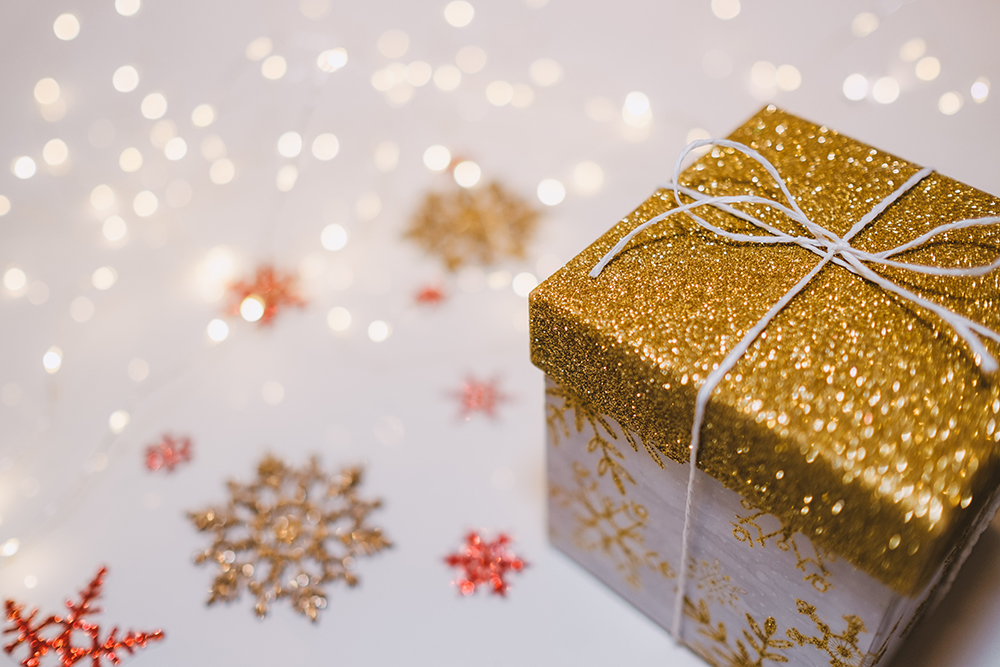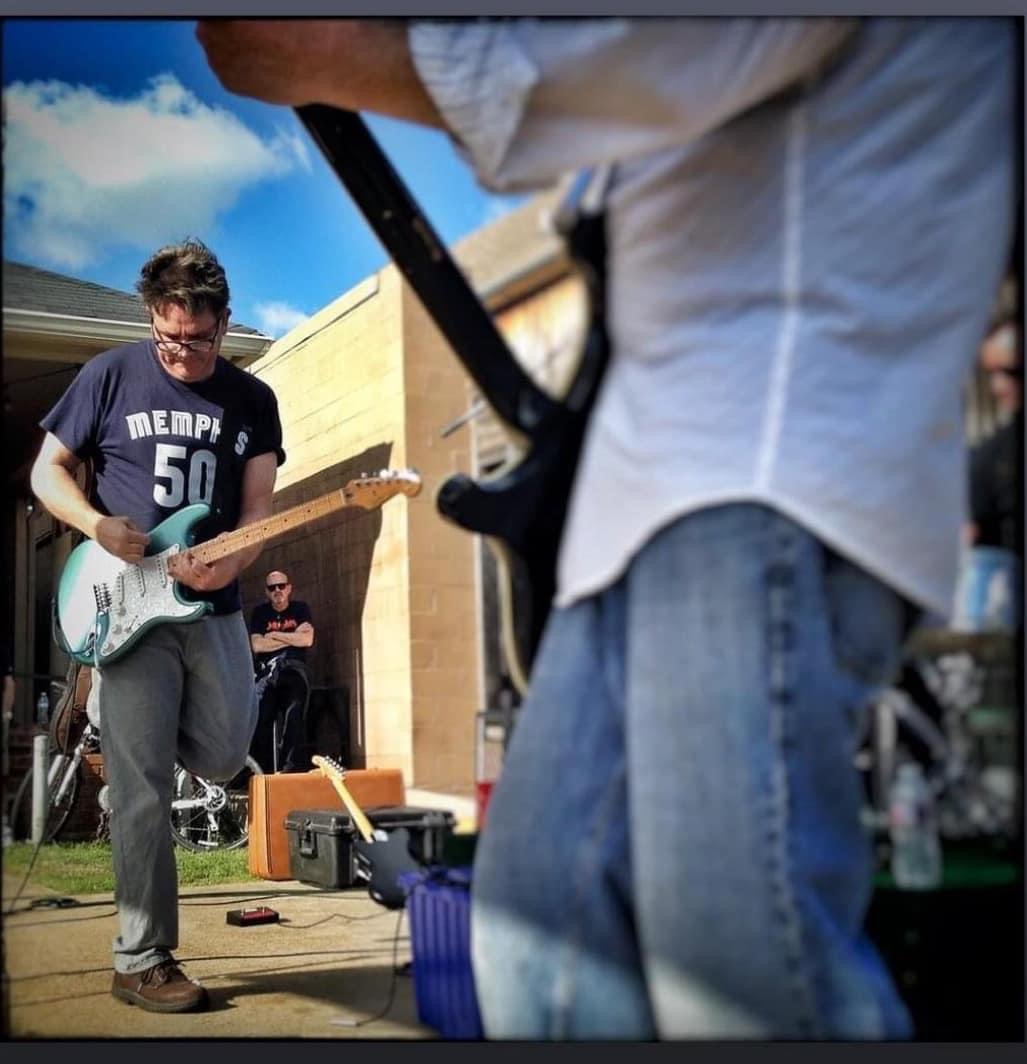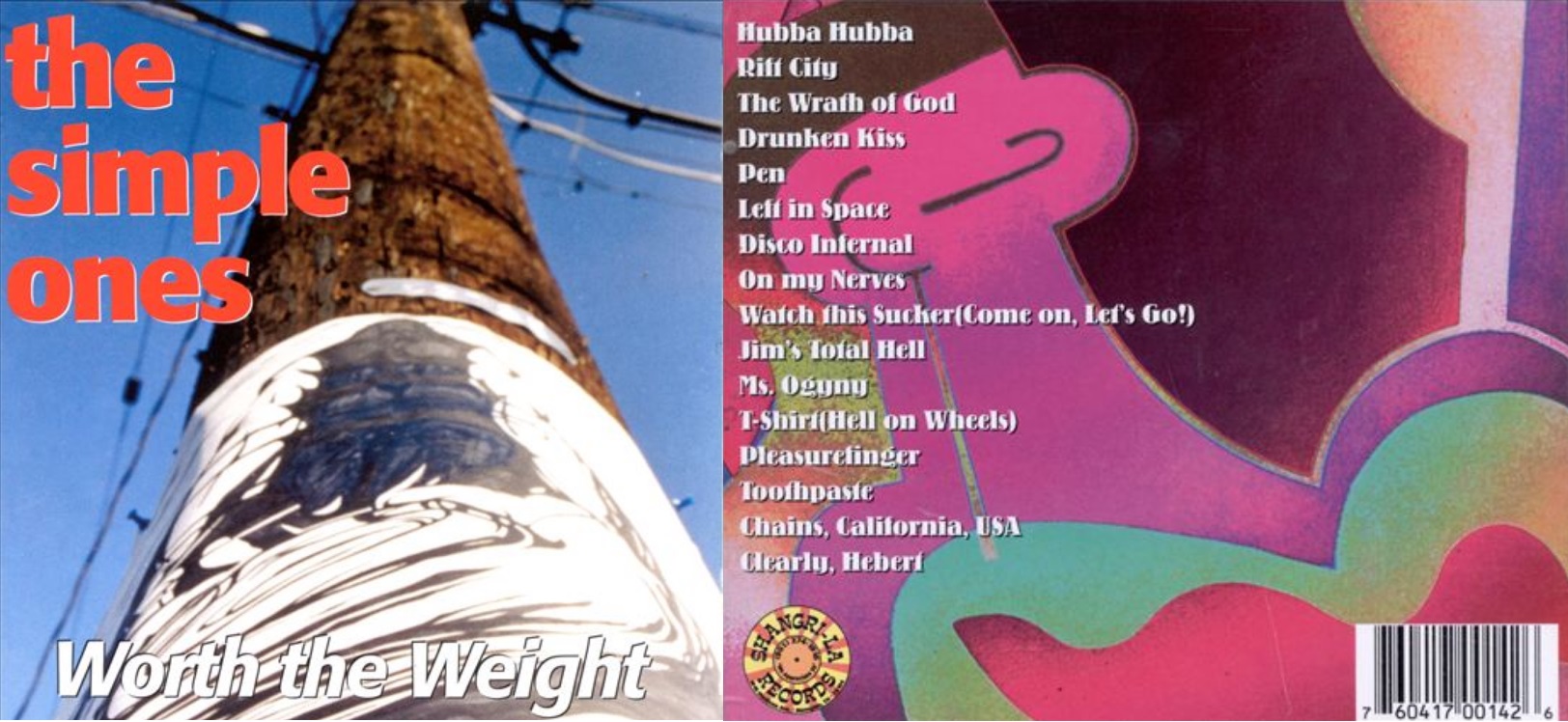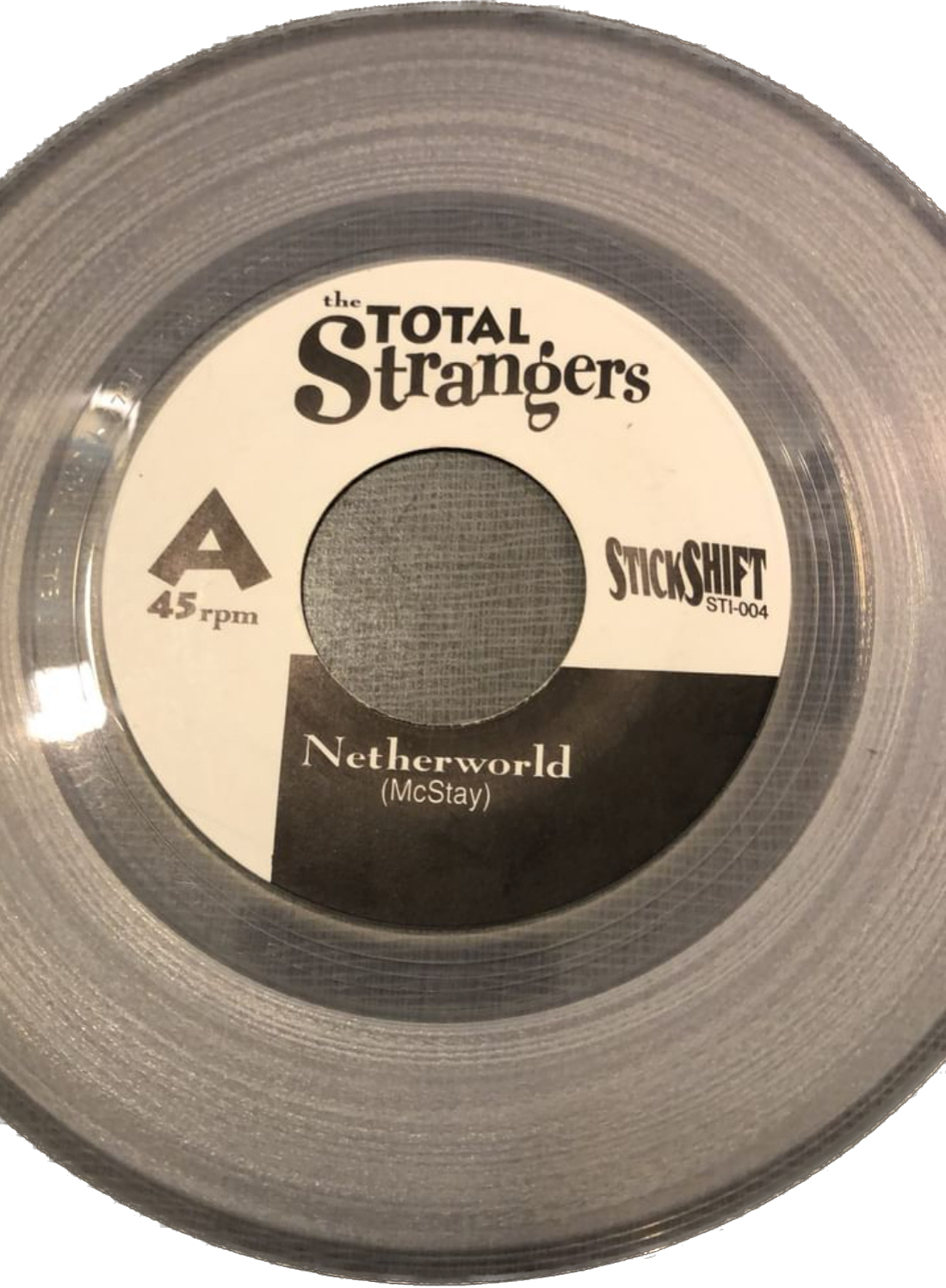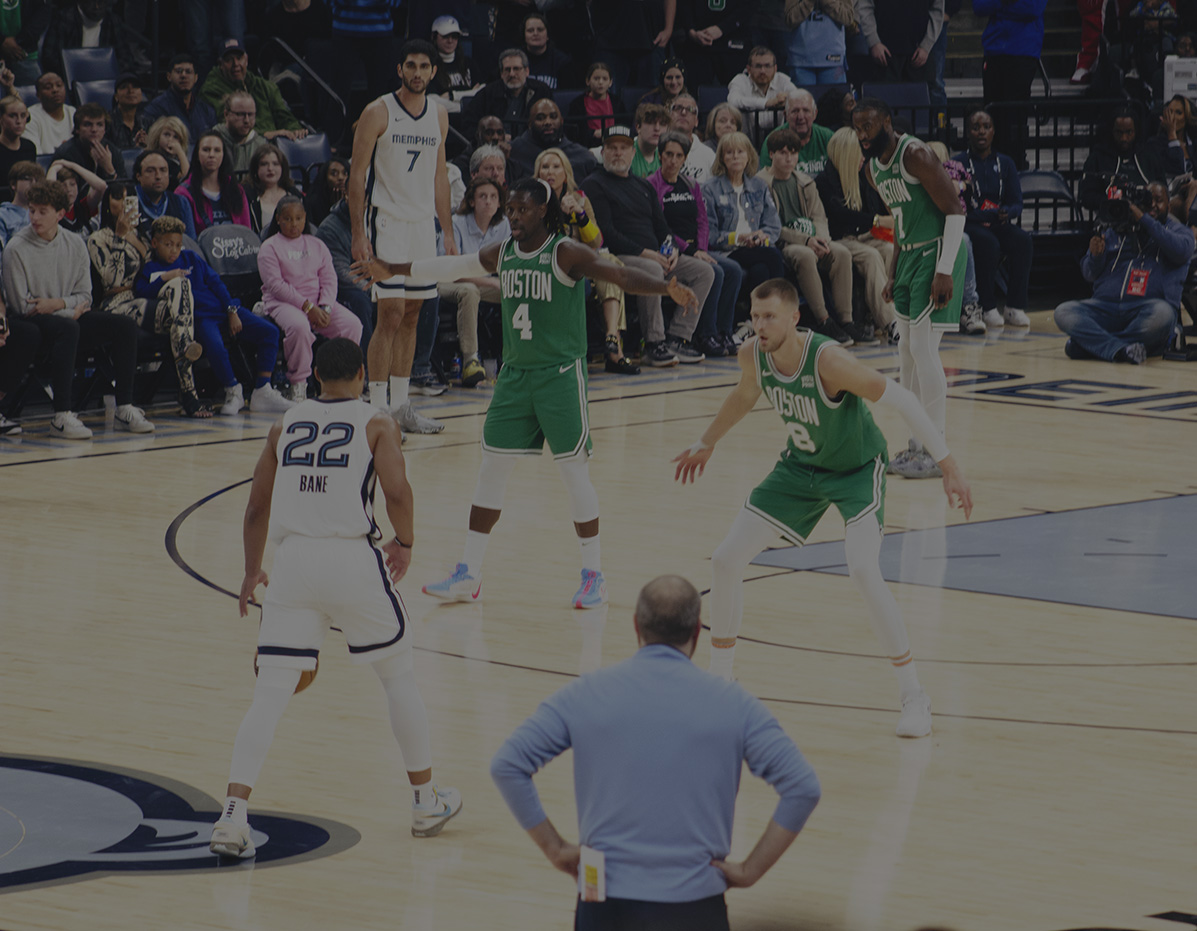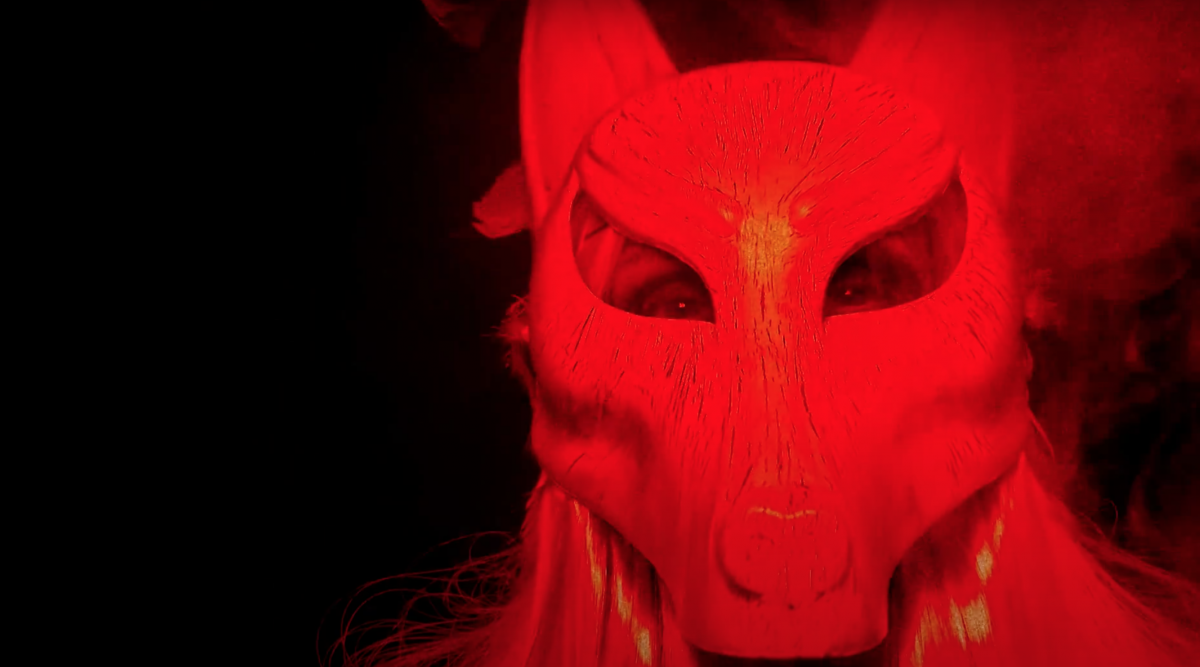“You don’t miss your water,” croons local music auteur Susan Marshall in a recent YouTube video, “till your well runs dry.” It’s an especially apt rendering of William Bell’s 1961 hit on Stax Records, tying together two inextricably linked themes: Memphis and water. Marshall posted the video to promote an upcoming show that aims to celebrate both through music. Acoustic Sunday Live, produced by Bruce and Barbara Newman, is now a 20-year tradition in Memphis, a songwriters-in-the-round event that has always brought the finest folk singers to town in support of a worthy grassroots organization. In recent years, that organization has been Protect Our Aquifer, and the list of world-class performers eager to rally around both Memphis and its water has always been impressive. This year’s show (see acousticsundaylive.com) takes place on Sunday, December 3rd, at the First Congregational Church and will include Shemekia Copeland, Tracy Nelson, Tim O’Brien with Jan Fabricius, Loudon Wainwright III, and Will Kimbrough, along with local favorites Marshall, John Nemeth, Reba Russell, and Joe Restivo.
For newcomers to the cause, Protect Our Aquifer spells it out on their website: “Memphis is the only city in the US to rely 100% on groundwater. With people power, we’ve stopped a pipeline, landfills, and TVA wells from poisoning our water. Now, the latest science shows our protective clay layer is more like Swiss cheese and modern water is sinking down, threatening our water with industrial pollution.” The organization is a sentinel of sorts, guaranteeing that the ancient freshwater below us stays pure.
Shemekia Copeland, for her part, is down with the cause. “You know, we live on Earth,” she says. “This is where we live. We have to take care of it.” Protect Our Aquifer, in her eyes, goes hand in hand with that. “For me, it’s about clean water. And whatever politics are involved, what they’re trying to do is a great thing.”
Yet she also appreciates Acoustic Sunday Live from a purely musical perspective, as much as a fan as a star performer. “I’ve listened to all of them, especially Loudon and Tracy Nelson,” she says. “So I’m really looking forward to it.” And part of the magic, she notes, is the freewheeling atmosphere shared by all the performers who are on stage. She feels free to simply wing it, and that suits her just fine. “It’s a running joke with my band. They laugh at me and say, ‘There’s no point to her trying to make a set list because she’s not going to follow it anyway!’” She prefers to be in the moment, especially in a song-swap type of show, saying, “I don’t know who’s going to be singing before or after me, so I try to find things that mesh well with everybody. I want the show to flow nicely.”
Music has always come naturally to Copeland, whose father, Johnny Copeland, was a guitarist and singer inducted into the Blues Hall of Fame. His daughter, though, forged her own path into the music. “We are completely different,” she says. “My dad was born and raised in Texas and I was born and raised in New York City. But everybody migrated from somewhere, right? A lot of Chicago artists came from Memphis or from Mississippi. There’s Southern roots and there’s a little bit of everything everywhere. I’m a good mix of everything, my dad being from Texas and my mom being from North Carolina. And then I was born and raised in Harlem, right smack dab in the middle of it.”
Her upbringing in a city not necessarily known for the blues has shaped her to this day. “I was not your typical kid,” she says. “I always had very different interests, but I also have different interests as an adult. One of my biggest fears in life is being like other people.”
That makes her a perfect match for a city where Sam Phillips once decreed, “If you’re not doing something different, you’re not doing anything.” And, having won multiple Blues Music Awards and worked with Steve Cropper, Copeland is no stranger to Memphis and its history. “I think this is my third time to play Acoustic Sunday Live. Memphis is a great city. Great food. Great music. Great people. And it’s a lot of fun to do concerts like this because you get to hang out and play with other musicians.”

